Ultimate Guide to GT Bike Parts Diagram
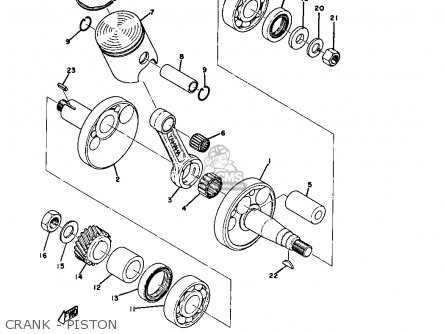
Exploring the intricate structure of two-wheeled vehicles reveals a fascinating interplay of various elements that contribute to overall performance and functionality. Each component, meticulously designed and engineered, plays a vital role in ensuring a seamless riding experience. Understanding these components not only enhances appreciation for the engineering marvel but also aids in making informed decisions for maintenance and upgrades.
In this section, we will delve into the essential features of Gt’s design, highlighting how each section interacts with others to create a cohesive unit. From the frame to the wheels, every aspect is crucial in determining not just the aesthetic appeal but also the efficiency and reliability of the machine.
By examining the layout of these integral pieces, enthusiasts can gain insights into the mechanics behind the scenes. This knowledge empowers riders to optimize their machines for various terrains and conditions, ensuring they achieve the best possible performance on their journeys.
Understanding GT Bike Components
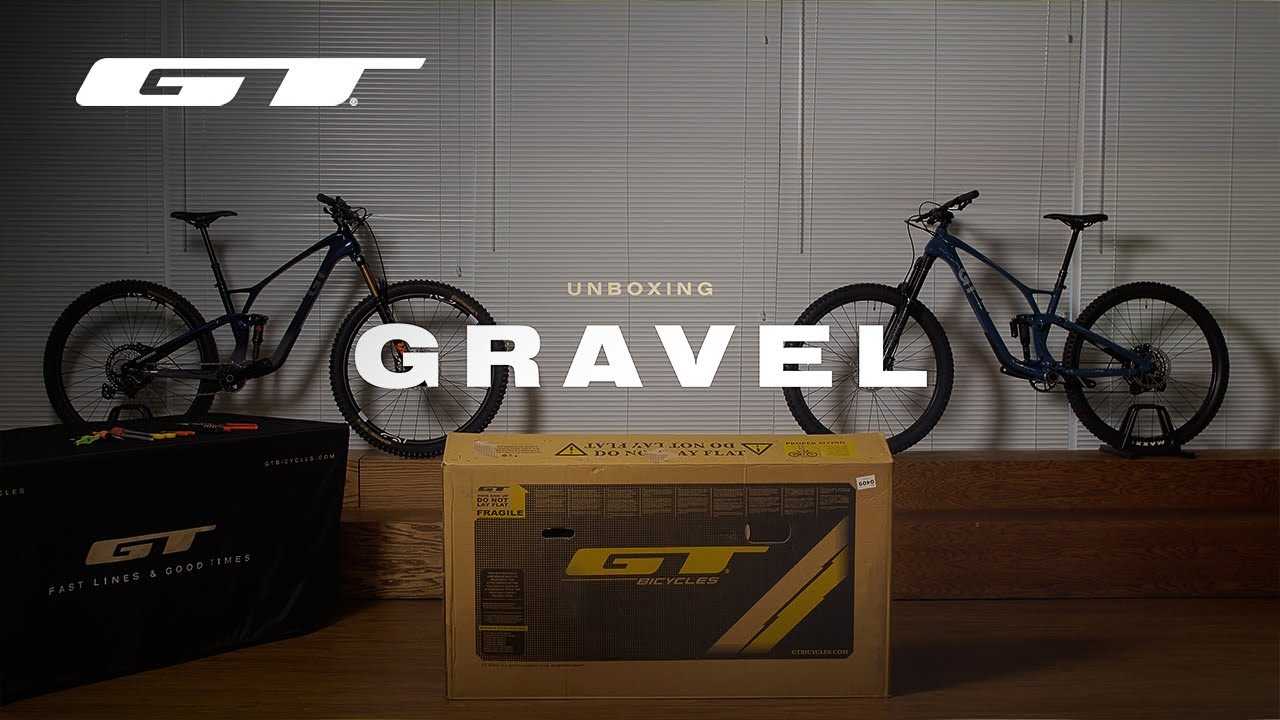
This section explores the essential elements that contribute to the overall performance and functionality of GT’s cycling machines. By grasping how each component interacts, enthusiasts can make informed decisions about maintenance and upgrades.
Key Elements of GT Systems
- Frame: The backbone, providing structure and support.
- Suspension: Enhances comfort and control on varied terrain.
- Wheels: Influence speed and handling through design and materials.
- Drivetrain: Transmits power efficiently for optimal riding experience.
Choosing the Right Components
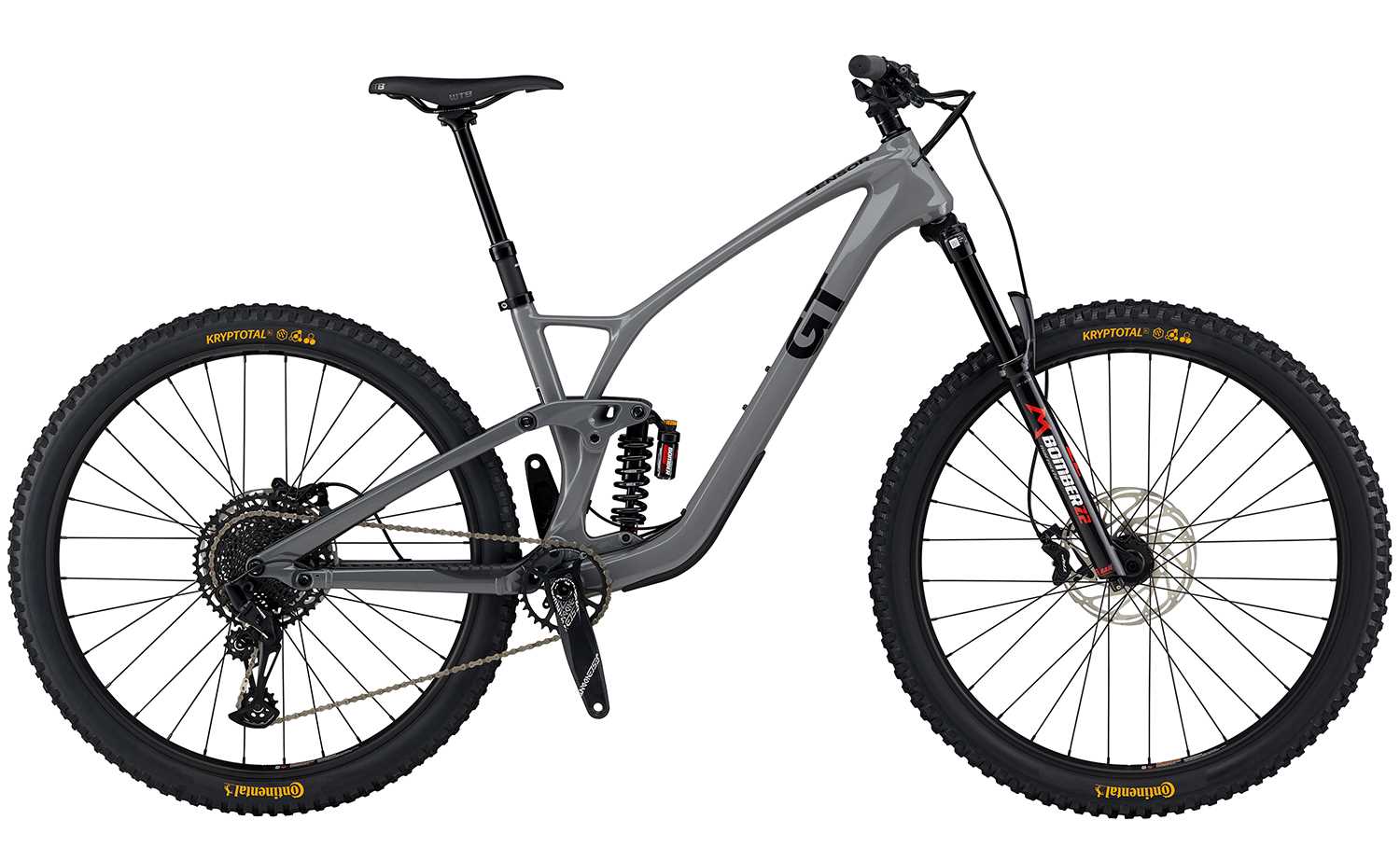
- Assess your riding style to determine necessary upgrades.
- Research compatible options for each element.
- Consider the balance between weight, durability, and cost.
Importance of Bike Part Diagrams
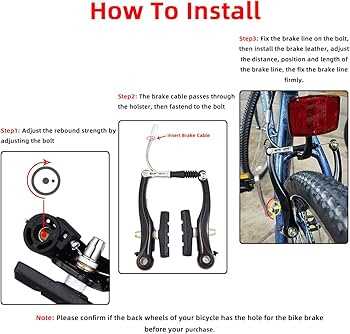
Understanding the intricate components of a two-wheeled vehicle is crucial for maintenance and optimization. Clear visual representations serve as essential tools for both novice and experienced riders, facilitating easier identification and comprehension of various elements.
Enhanced Maintenance
Effective upkeep relies heavily on knowing how each segment functions. Visual aids simplify the troubleshooting process, allowing users to pinpoint issues quickly and accurately. This leads to better performance and prolonged longevity of the vehicle.
Education and Skill Development
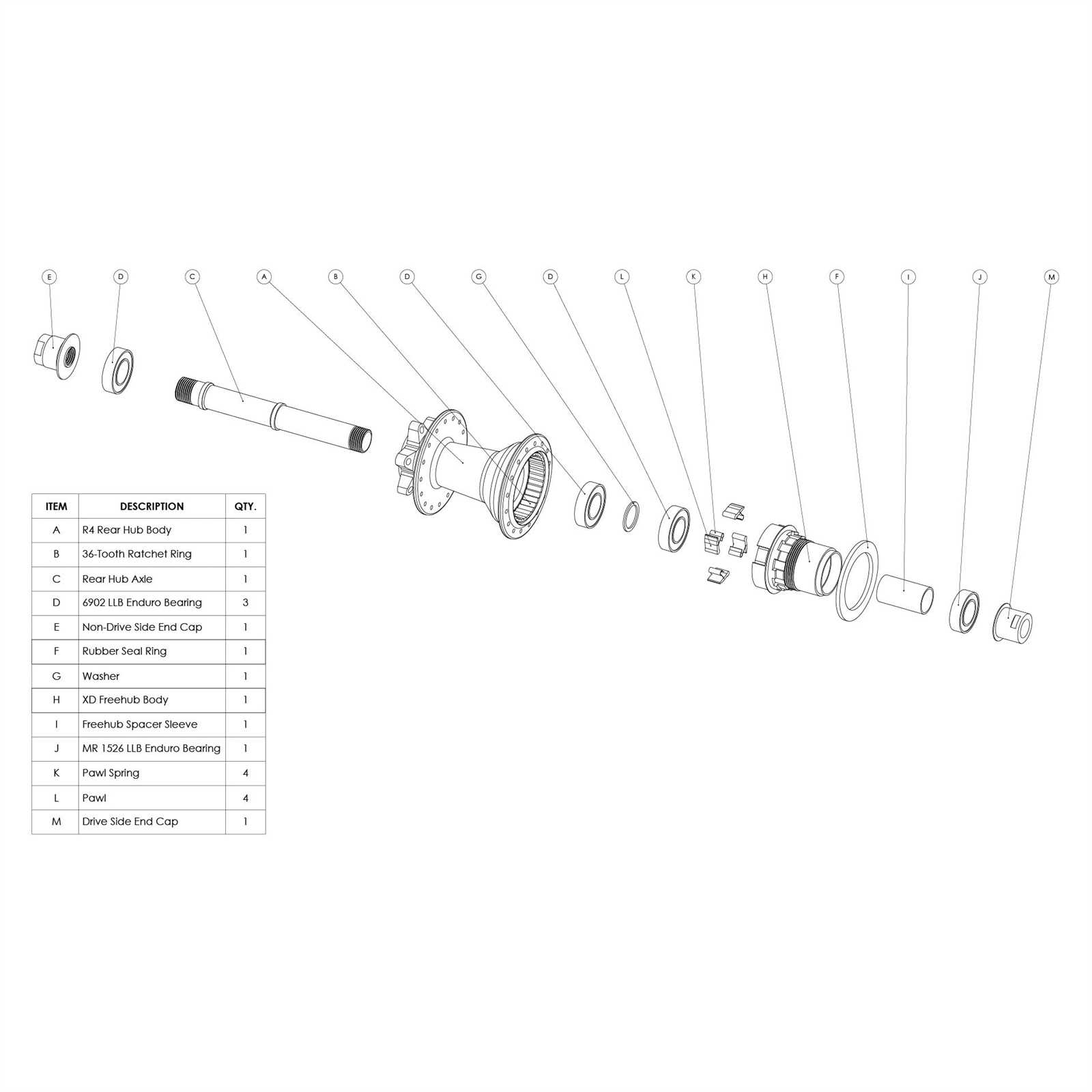
Learning about the different components fosters a deeper connection with the machine. By studying these representations, enthusiasts can enhance their technical skills, enabling them to tackle repairs and upgrades with confidence.
Types of GT Bike Models
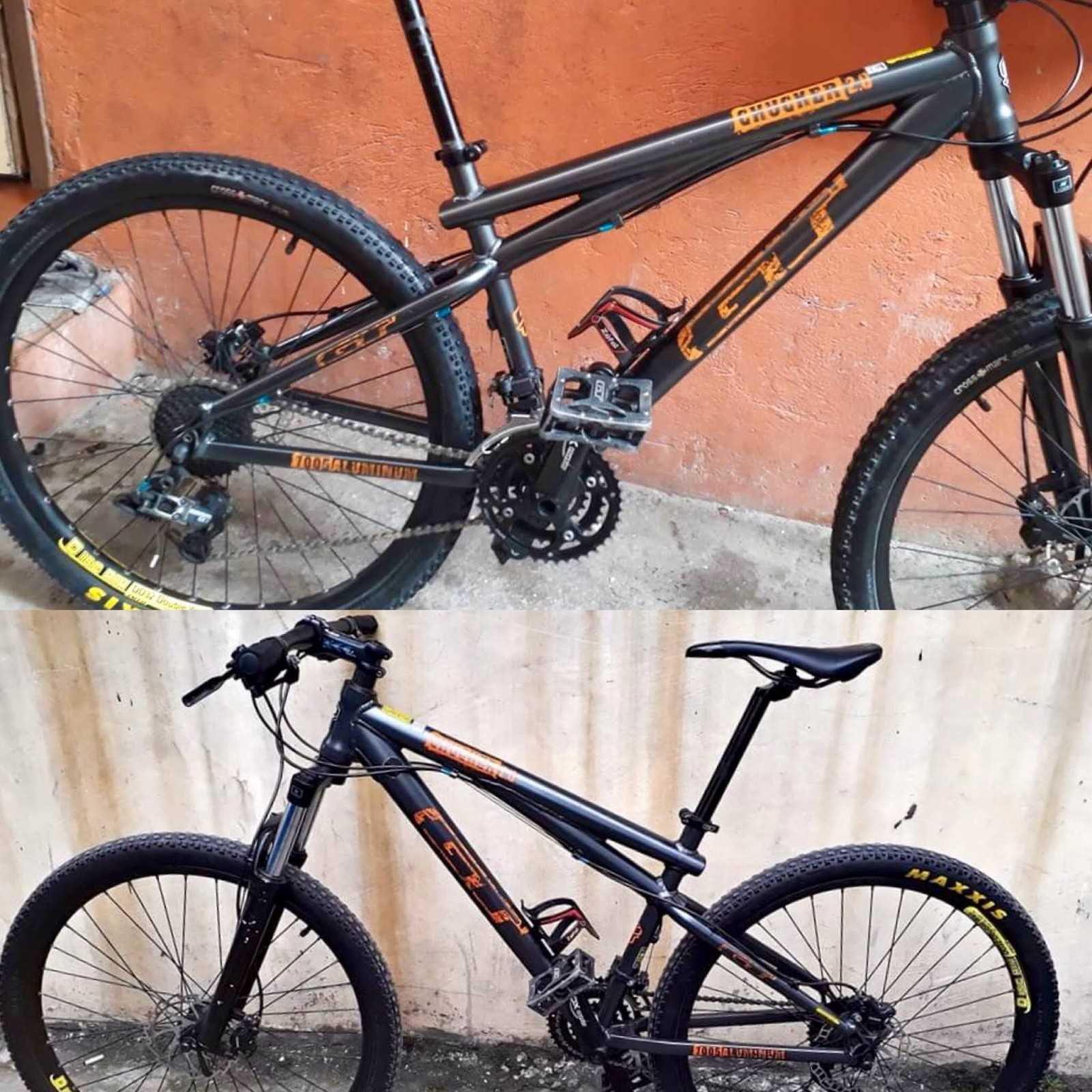
Exploring the diverse range of GT models reveals a fascinating variety tailored to different riding styles and preferences. Each design embodies unique characteristics that cater to various terrains, whether for competitive racing, casual cruising, or rugged off-road adventures.
Mountain Models
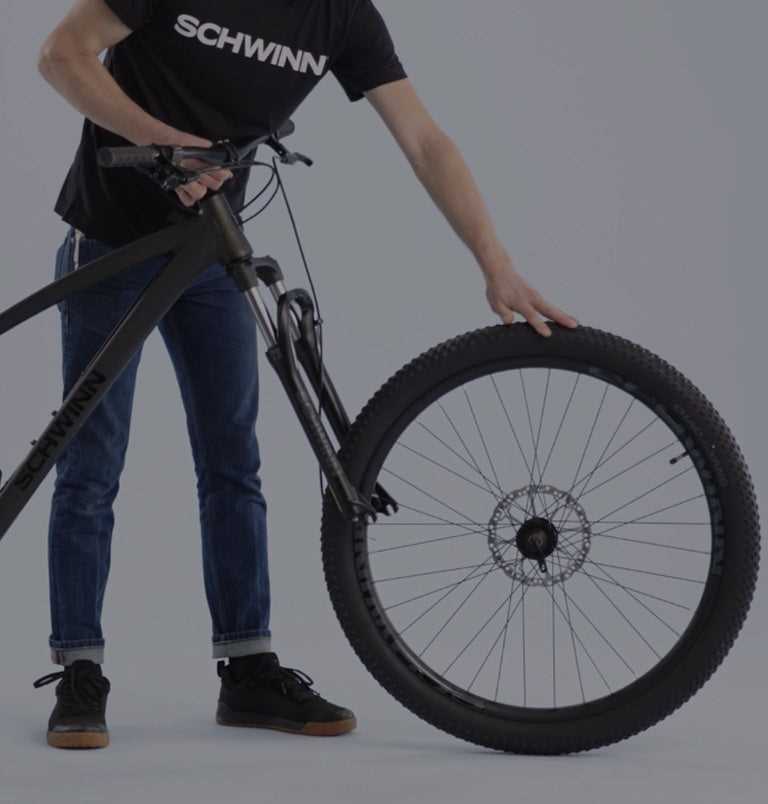
Mountain variants are engineered for stability and control on uneven surfaces. They feature robust frames and specialized suspension systems that absorb shocks, providing a smooth ride over trails and obstacles. Notable examples include the GT Force and GT Sensor, both designed for trail enthusiasts seeking adventure.
Road Models
On the other hand, road models focus on speed and efficiency. With lightweight frames and aerodynamic designs, these options facilitate swift travel on paved surfaces. The GT Grade stands out for its versatility, combining elements suited for both commuting and long-distance journeys.
Common Issues with Bike Parts
In the realm of cycling, various components can encounter a range of problems that may affect performance and safety. Understanding these common challenges is essential for maintaining optimal functionality and ensuring a smooth riding experience.
Mechanical Failures
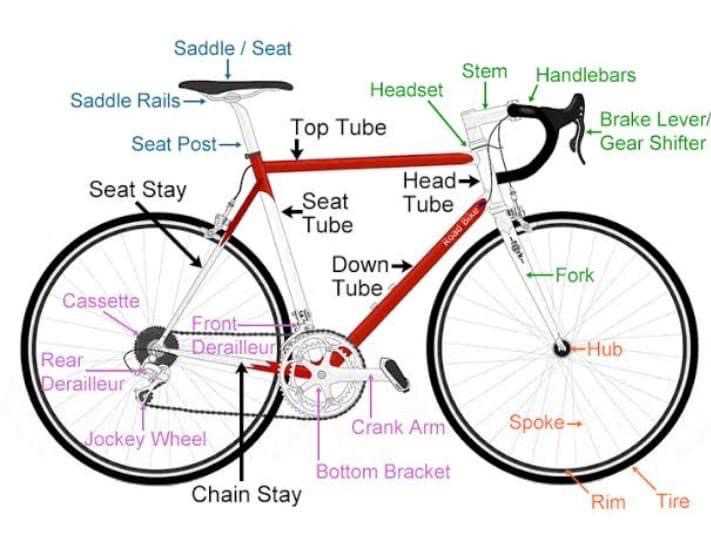
Mechanical failures often manifest as unusual noises or decreased efficiency during operation. Components such as gears and chains may suffer from wear and tear, leading to skipping or slipping. Regular inspections and timely replacements are crucial to prevent these issues from escalating.
Environmental Impact
Exposure to harsh weather conditions can significantly impact the longevity of essential components. Moisture, dirt, and grime can cause corrosion and contribute to premature degradation. Proper cleaning and protective measures can mitigate these effects, enhancing durability and performance.
Essential Tools for Maintenance
Regular upkeep of your two-wheeled companion is crucial for optimal performance and longevity. To achieve this, having the right equipment is essential. These instruments not only ensure smooth operation but also enhance safety during rides.
1. Multi-tool: A versatile instrument that combines various functions, allowing for quick adjustments and repairs on the go.
2. Tire levers: These handy tools assist in removing and installing tires effortlessly, minimizing damage to the rims.
3. Pump: Keeping tires inflated is vital for maintaining control and comfort. A reliable pump ensures you can tackle any journey.
4. Chain checker: Monitoring the condition of the chain prevents wear and tear, extending the lifespan of the entire drivetrain.
5. Lubricant: Proper lubrication reduces friction and enhances performance, making it an indispensable part of regular maintenance.
Having these essential tools at your disposal will empower you to tackle maintenance tasks with confidence, ensuring your ride remains in peak condition.
How to Read Bike Diagrams
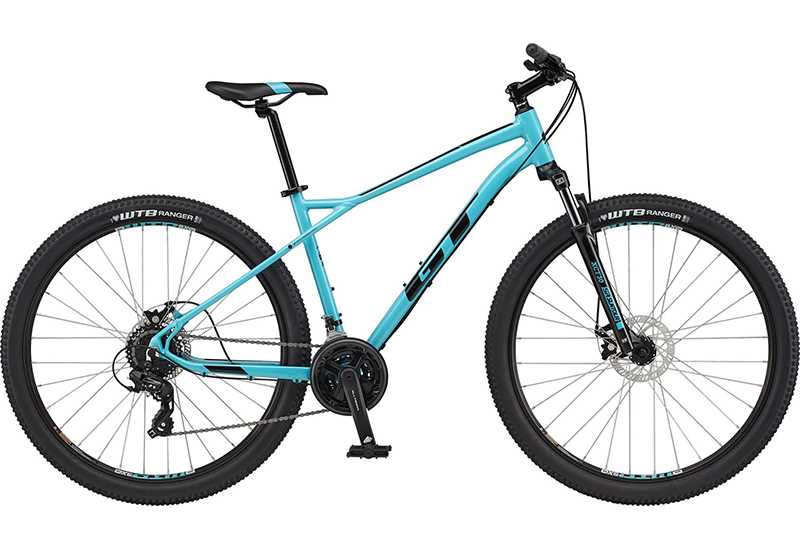
Understanding visual representations of two-wheeled vehicles can enhance your maintenance and repair skills. These illustrations provide crucial information about various components and their relationships, helping you identify issues and make informed decisions. Mastering the art of interpreting these visuals is essential for anyone looking to delve deeper into the mechanics of their ride.
Key Components to Identify
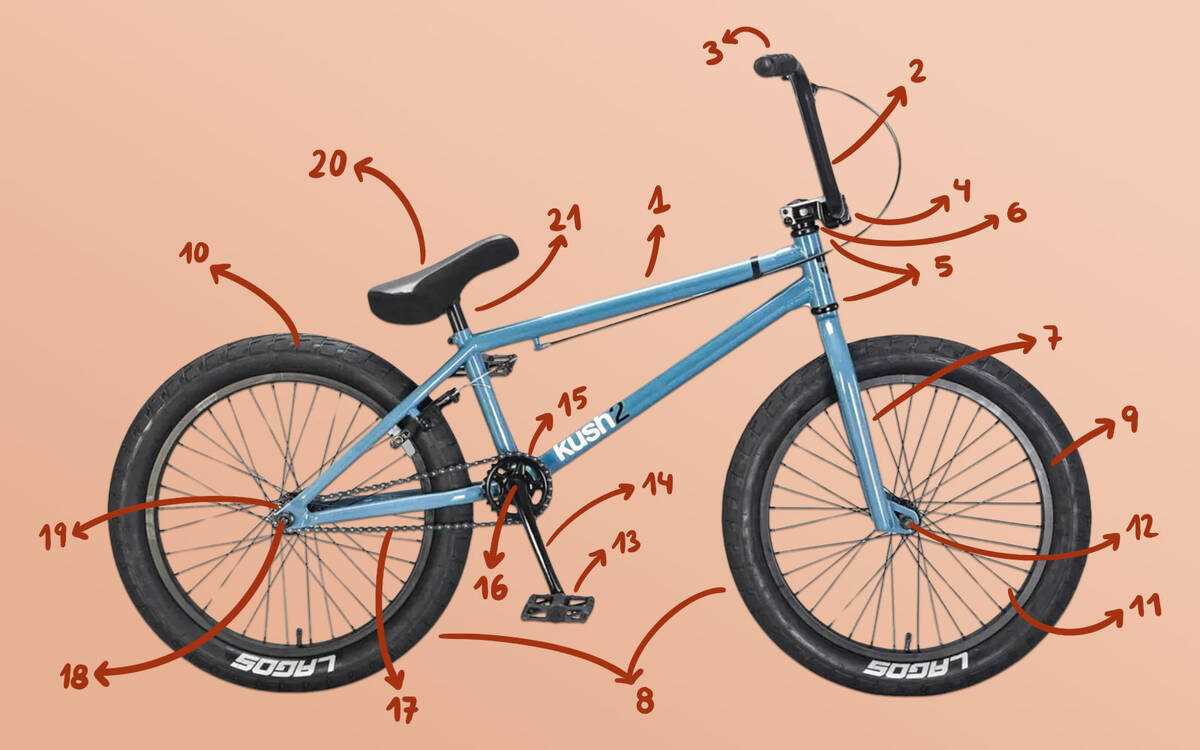
When examining an illustration, focus on the following essential elements:
| Element | Description |
|---|---|
| Frame | The main structure that supports all other components. |
| Wheels | The circular structures that facilitate movement. |
| Handlebars | Controls the direction and balance of the vehicle. |
| Pedals | Provide the force necessary to propel the vehicle forward. |
Reading Symbols and Notations
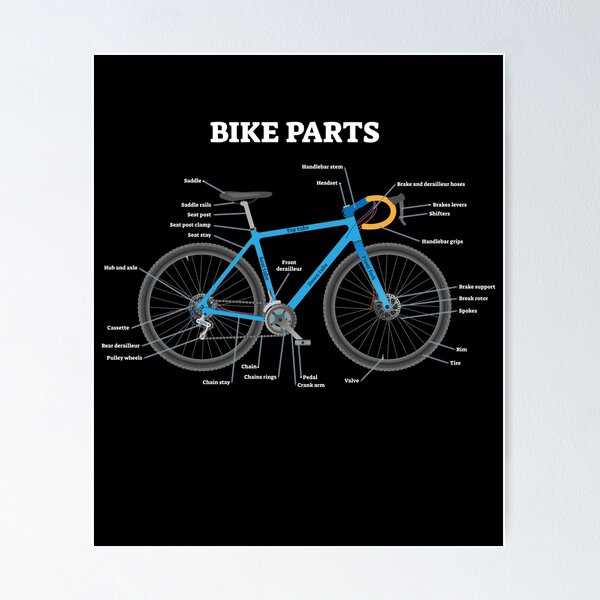
Illustrations often include various symbols and notations that indicate specific functions or requirements. Familiarizing yourself with these will enable you to understand the overall design and maintenance needs effectively. Pay attention to legends and labels, as they guide you in decoding the information presented.
Upgrading Your GT Bike
Enhancing your GT model can significantly improve performance and overall experience. By selecting quality components and understanding how they interact, you can create a more efficient and enjoyable ride. Whether you’re seeking speed, comfort, or durability, each modification contributes to your cycling journey.
Key Areas for Enhancement
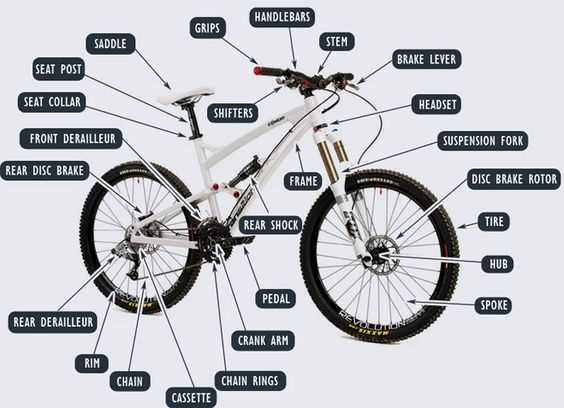
Focusing on specific elements can yield the best results. Consider upgrading the following:
| Component | Benefits |
|---|---|
| Wheels | Improved aerodynamics and reduced weight. |
| Drivetrain | Smoother shifting and increased gear range. |
| Saddle | Enhanced comfort for longer rides. |
| Brakes | Better stopping power and control. |
Choosing the Right Components
When selecting upgrades, ensure compatibility with your existing setup. Research options that provide the ultimate balance between performance and reliability, and always prioritize quality to enhance your overall cycling experience.
Choosing the Right Components
Selecting the ideal elements for your two-wheeled machine is crucial for achieving optimal performance and comfort. The right combination can enhance your riding experience, whether you’re a casual rider or an adrenaline seeker.
- Purpose: Identify your main use–commuting, racing, or leisurely rides.
- Compatibility: Ensure that components fit well with each other and your frame.
- Quality: Invest in reputable brands that offer durability and reliability.
- Weight: Consider lightweight options for better speed and maneuverability.
When you delve deeper into these factors, you’ll be better equipped to make the ultimate choices that suit your style and enhance your overall journey.
Assembly Tips for Beginners
Starting a new project can be both exciting and daunting, especially when it involves intricate components. Understanding the assembly process is crucial for achieving a successful outcome. Here are some helpful tips to make your journey smoother.
Preparation is Key
Before diving in, ensure you have all necessary tools and components at hand. Organizing your workspace can prevent confusion and streamline the process.
Follow a Step-by-Step Approach
Taking a systematic approach can help you avoid mistakes. Following a structured method allows for easier troubleshooting and better understanding of the assembly.
| Tip | Description |
|---|---|
| Read Instructions | Carefully go through any provided guidelines before starting. |
| Start with Larger Components | Assemble bigger elements first to establish a solid foundation. |
| Take Your Time | Rushing can lead to errors; patience pays off. |
| Seek Help if Needed | Don’t hesitate to ask for assistance or watch tutorials. |
Where to Find Replacement Parts
When the time comes to replace components on your two-wheeled companion, it’s essential to know where to look for high-quality options. Various avenues offer access to these necessary items, ensuring that your ride remains in top condition. Whether you prefer online shopping or visiting local retailers, there are numerous resources available to help you find what you need.
Online Retailers
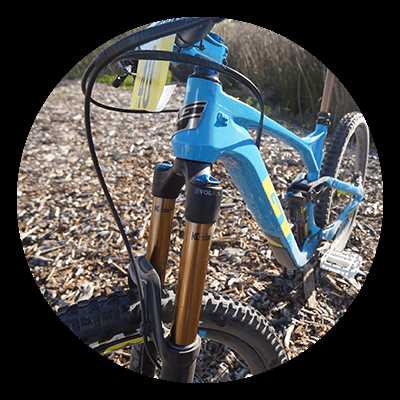
One of the most convenient ways to source replacements is through online platforms. Numerous websites specialize in selling various components for your vehicle. These retailers often provide detailed descriptions, customer reviews, and competitive pricing. Make sure to check for reputable sellers to ensure you are purchasing reliable products.
Local Shops and Forums
In addition to digital options, local shops can be a valuable resource. Specialized stores frequently carry a wide range of components and can offer personalized advice. Moreover, community forums and social media groups dedicated to enthusiasts can be excellent places to find recommendations or even second-hand options.
In summary, whether you choose to shop online or explore local businesses, a wealth of resources exists to help you maintain your beloved ride. Always consider quality and compatibility to ensure optimal performance.